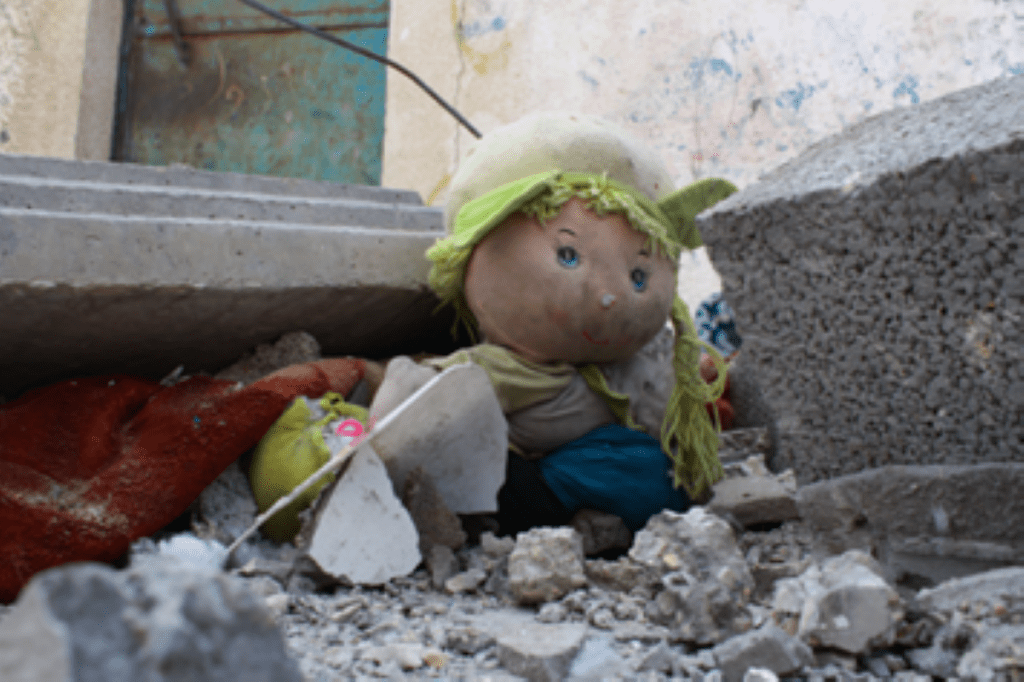A recent report from Yahoo News highlights the emergence of Guillain-Barré Syndrome (GBS), a rare but serious paralytic disorder, as a growing concern within the humanitarian crisis unfolding in Gaza. As the region grapples with ongoing conflict and severe shortages of medical supplies, the appearance of GBS adds another layer of urgency to the already strained healthcare system.
Guillain-Barré Syndrome is an autoimmune condition in which the body’s immune system attacks the peripheral nerves, often leading to muscle weakness, numbness, and in severe cases, paralysis. While the exact cause of GBS is unknown, it is frequently preceded by infections, including respiratory or gastrointestinal illnesses. The disease can progress rapidly and, if untreated, may result in life-threatening complications such as respiratory failure.
According to the article, cases of GBS have begun to surface in Gaza, where the healthcare infrastructure has been crippled by conflict. Hospitals are overwhelmed, and there is a critical lack of essential medicines, equipment, and intensive care resources. Patients diagnosed with GBS require immediate medical attention, including intravenous immunoglobulin (IVIG) therapy, plasma exchange, and access to ventilators—resources that are currently in extremely short supply in the region.
The rise in GBS cases is believed to be linked to the dire living conditions in Gaza, including inadequate sanitation, limited access to clean water, and the spread of infectious diseases. These factors can increase the risk of infections that may trigger GBS. Medical experts warn that, without timely intervention, patients face a high risk of permanent disability or death.
The report underscores the struggles faced by healthcare workers in Gaza, who are forced to make difficult decisions about allocating limited resources. Many patients are unable to receive the specialized care required for GBS, and the lack of rehabilitation services further complicates recovery prospects for survivors. International aid organizations have called for urgent action to ensure the delivery of life-saving medical supplies and support for local health providers.
The situation is further exacerbated by restrictions on movement, making it nearly impossible for critically ill patients to seek treatment outside Gaza. Families of GBS patients are left in anguish, often watching their loved ones deteriorate without adequate care.
In conclusion, the emergence of Guillain-Barré Syndrome as a new health threat in Gaza highlights the devastating impact that conflict and resource shortages can have on vulnerable populations. The situation calls for immediate international attention and assistance to prevent further loss of life and to support the region’s beleaguered healthcare system. As GBS cases rise, the need for medical supplies, specialized treatments, and humanitarian aid in Gaza has never been more urgent.








